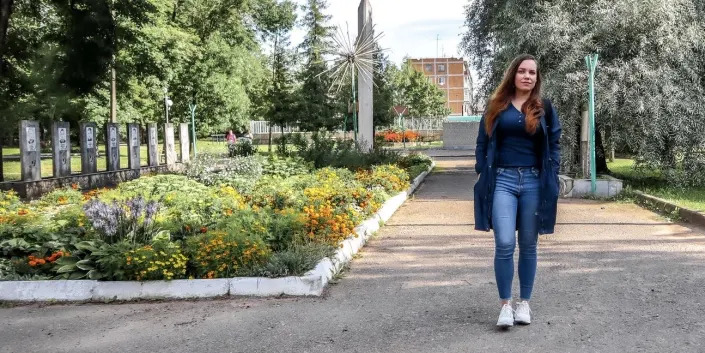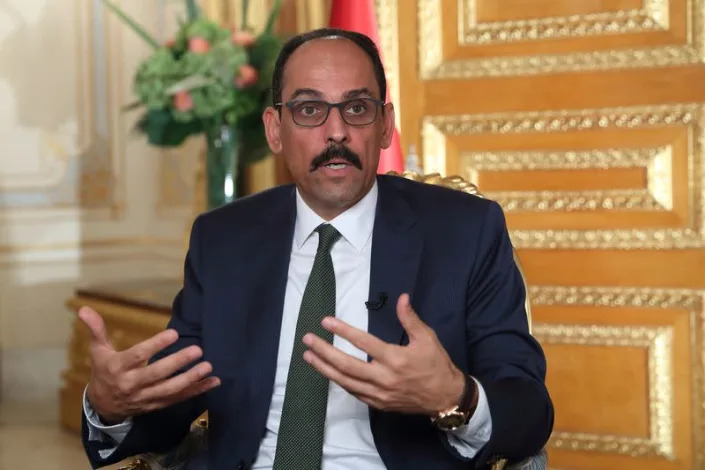Hayley Dixon
Fri, March 25, 2022

Average pump prices show that diesel has now risen to around 178.72p
Britain has nearly doubled imports of Russian diesel in the last decade despite ministers insisting the UK is “not dependent” on Vladimir Putin for energy.
An analysis of official data by The Telegraph has found that Russian diesel used in the UK supply has increased from 10 per cent in 2010 to 18 per cent in 2020.
It comes amid soaring prices as the invasion of Ukraine has sent the oil market into turmoil. Average pump prices show that diesel has now risen to around 178.72p a litre.
Ministers are preparing a new energy strategy and Boris Johnson, the Prime Minister, has in recent weeks held talks with other leaders about ending the “addiction” to Russian supplies.
Since Putin’s invasion of Ukraine, ministers have been keen to stress that the country gets just 4 per cent of its natural gas from Russia, but fewer mentions have been made of other energy sources.
Analysis of the Government’s Digest of United Kingdom Energy Statistics (Dukes) also shows that the percentage of the UK’s demand for coal that was imported from Russia has risen from 16 per cent in 2010 to 35 per cent in the first three quarters of 2021.
However, the volume of coal imported has decreased significantly as Britain has reduced its reliance on the fossil fuel for electricity significantly in recent years, with plans to eliminate it entirely by 2024.
The Dukes analysis shows that the UK imported 2,081 thousand tonnes of diesel from Russia in 2012, the first year that data is available, compared to 3,608 thousand tonnes in 2020.
In 2010 the UK produced 74 per cent of the country’s diesel needs, by 2020 it was down to 63 per cent.
Alongside Germany and France, it is one of the largest importers from Russia within Europe, where Moscow exports about 700,000 to 800,000 barrels of diesel per day.
In response to Putin’s “illegal invasion of Ukraine”, Kwasi Kwarteng, the Business Secretary vowed to phase out Russian imports of oil by the end of the year.
But last week the Prime Minister appeared to have walked away empty-handed from talks with Saudi Arabia and the United Arab Emirates that were designed to encourage the states to produce more oil and export it to the UK.
Experts say that imports from other countries could also have originated in Russia and have questioned how dependency will be reduced.
A government spokesperson said: “We are not dependent on Russian energy.
“In the case of diesel, UK demand is met by a combination of domestic production and imports from a diverse range of reliable suppliers beyond Russia, including the Netherlands, Saudi Arabia, and USA.
“The government will publish a British Energy Security Strategy which will set out how the UK will become more self-sufficient and move away from Russian energy imports.”














